
Antibiotics Gut Health: How Do You Restore Balance?
Last year, antibiotics were prescribed to me for a brutal infection, but I didn’t anticipate the significant effect they’d have on my gut health. What seemed like a saving grace at first soon disrupted my gut’s balance, leaving me dealing with ongoing and unsettling digestive problems. This whole ordeal taught me how closely linked antibiotics are to gut health recovery and the importance of carefully working toward restoring balance after such treatments.
Key Takeaways
- Antibiotics can drastically reduce microorganism diversity in the gut.
- The gut microbiome gradually recovers over several months post-antibiotic treatment.
- Prebiotic foods like leafy greens and legumes support gut health recovery.
- Fermented foods such as yogurt and kefir aid in restoring gut flora.
- Probiotics might delay microbiome recovery when not administered correctly.
- Environmental activities and physical exercise bolster gut diversity.
- Maintaining a fiber-rich diet before antibiotics can aid in faster recovery.
Understanding How Antibiotics Affect Your Gut Health
Antibiotics play a significant role in medicine today. Nevertheless, their effect on our gut health is concerning. For this reason, it’s important to know how they influence our gut microbiome to support gut health recovery and minimize any bad effects.
Disruption of Gut Microbiome
Antibiotics can really shake up our gut microbiome. In fact, a 2020 study showed that they lead to less diversity in our gut and mess up the balance between different species. Moreover, even a short antibiotic course might upset our gut for a year or more. Recovering gut health is essential for restoring that balance.
For instance, drugs like Clindamycin and Ciprofloxacin lower the variety of microbes in our stool for 4 to 12 months, further complicating gut health recovery.
Impact on Beneficial Bacteria
The loss of good bacteria in the gut is worrisome. Antibiotics don’t separate the bad from the good bacteria, killing both. This drop in helpful bacteria is bad news for digestion, immune function, and overall health. That’s why gut health recovery focuses on replenishing beneficial bacteria.
A 2021 study highlighted that probiotics like Lactobacillus rhamnosus and Saccharomyces boulardii can help restore good gut bacteria after antibiotic use. This study shows how vital these good bacteria are for gut health recovery.
Common Digestive Issues Post-Antibiotics
Many people face digestive problems after taking antibiotics. As a result, they might have trouble absorbing nutrients, potentially leading to deficiencies in vitamins and minerals like B12, iron, or calcium. Such deficiencies can significantly impact overall well-being, causing fatigue, weakened immunity, or other health complications. Furthermore, a 2010 study found a high risk of developing inflammatory bowel disease (IBD) shortly after taking antibiotics. Interestingly, this risk increases with the number of antibiotic courses taken. By understanding these effects more deeply, we can adopt strategies to support our gut health better and speed up gut health recovery, such as using probiotics or dietary changes. Consequently, this leads to a quicker and more complete recovery after antibiotic treatment.
Steps to Support Gut Health Recovery After Antibiotics
It’s important to support your gut health after using antibiotics, as this helps restore balance and promotes long-term digestive health. Here are several steps to aid your gut recovery and achieve effective gut health recovery.
Incorporating Probiotic-Rich Foods
First, eating foods rich in probiotics, such as yogurt, kefir, sauerkraut, and kimchi, is essential. These foods contain high amounts of beneficial bacteria, like Lactobacillus and Bifidobacterium. As a result, they help replenish the good microbes that antibiotics may have reduced. By regularly consuming these probiotic-rich foods, you can promote the growth of healthy bacteria in your gut, restoring balance and aiding gut health recovery more effectively.
Utilizing Probiotic Supplements
| Benefits of Probiotics | Statistics |
|---|---|
| Reduction in antibiotic-associated diarrhea | 42% |
| Overall gut microbiome recovery | 60% |
| Enhanced gut health and balance | Significantly improved |
Benefits of Prebiotic Foods
Dietary Changes for Antibiotics Gut Health Recovery
Choosing the Right Prebiotic Foods
Many options boost and keep a healthy gut when picking prebiotic food sources. These are:
- Dandelion greens
- Chicory root
- Whole oats
- Garlic
- Apples
- Green bananas
Eating these foods provides nutrients that help good bacteria flourish. It’s vital for a diverse, robust gut microbiome.
Avoiding Processed and Sugary Foods
Avoiding processed foods for gut health is also crucial. Processed and sugary items should be limited. Reducing these foods prevents extra damage to your microbiome.

Importance of Fermented Foods
Fermented foods bring benefits to various essential bacteria. Some fermented foods benefits include:
- Homemade kefir
- Yogurt
- Sauerkraut
- Kombucha
- Kimchi
These foods, rich in probiotics, help balance good gut bacteria. Regularly including fermented foods can significantly boost recovery from antibiotics.
| Food Type | Example Foods | Benefits |
|---|---|---|
| Prebiotic Foods | Dandelion greens, Chicory root, Whole oats | Support beneficial bacteria growth |
| Avoid Processed Foods | High-sugar snacks, Fast food | Prevent further depletion of gut bacteria |
| Fermented Foods | Kefir, Yogurt, Kimchi | Provide diverse probiotics |
Other Lifestyle Modifications to Improve Gut Health
Making lifestyle changes is also crucial for gut health. By implementing these steps, you can boost digestive well-being and balance your gut.
Reduce Stress for Better Digestion
To begin with, reducing stress is crucial for digestion. High-stress levels can negatively affect your gut, leading to problems like IBS. In order to reduce stress, try mindfulness, yoga, or deep breathing exercises.
Stay Hydrated to Support Gut Function
Additionally, staying hydrated is vital. Drinking plenty of water aids in absorbing nutrients and keeps the gut healthy. A 2022 study showed that staying hydrated might increase gut bacteria variety, thereby boosting overall health.
Exercise Regularly to Improve Gut Diversity
Regular exercise is crucial, too. In fact, aiming for 150 minutes a week of activity can improve gut bacteria diversity. As a result, this can reduce the risk of diabetes, IBD, and psoriatic arthritis. Moreover, more variety in gut bacteria also means better overall mental and physical health.
Prioritize Sleep for Gut Health
Likewise, getting enough sleep dramatically impacts gut health. Adults need at least 7 hours of quality sleep each night. Lack of sleep harms the gut, leading to sleep problems. A 2018 study found that infants exposed to weekly disinfectant cleaning products had higher levels of gut microbes associated with type 2 diabetes and obesity.
Avoid Smoking to Protect Gut Balance
Finally, avoiding smoking is also advisable. Smoking changes intestinal flora, increasing harmful microorganisms while reducing beneficial ones. Consequently, this raises the risk of conditions like IBD.
| Activity | Benefits of Gut Health |
|---|---|
| Stress Reduction | Mitigates risk of digestive issues like IBS |
| Adequate Hydration | Maintains healthy gut lining and increases gut bacteria diversity |
| Regular Exercise | Increases gut flora diversity, reduces risks of various diseases |
| Quality Sleep | Improves gut health, leading to better mental and physical well-being |
| Avoiding Smoking | Reduces harmful microorganisms and supports beneficial bacteria |
By making these lifestyle changes for gut health, you can improve your gut microbiome. This is crucial for your health, especially when recovering from antibiotics.
Conclusion
FAQ
Q: How do antibiotics affect gut health, and how can I recover?
A: Antibiotics can harm the balance of good bacteria in your gut, leading to tummy troubles and issues with absorbing nutrients. To get better, eat foods rich in probiotics and prebiotics, cut back on processed foods, and live healthily.
Q: What common digestive issues can occur after taking antibiotics?
A: Taking antibiotics might cause problems with absorbing essential nutrients. You could also lack vitamins and minerals, besides feeling general digestive discomfort.
Q: How do probiotics help in recovering gut health after antibiotics?
A: Probiotics add good bacteria to your gut, which helps balance it out. Eating foods like yogurt, kefir, and kimchi or probiotic supplements helps during and after your antibiotic course.
Q: What are some prebiotic foods that support gut health?
A: Prebiotics-rich foods include asparagus, onions, garlic, bananas, dandelion greens, chicory root, whole oats, and apples. They feed the good bacteria in your gut, helping you recover after antibiotics.
Q: Why should I avoid processed and sugary foods after taking antibiotics?
A: Processed and sugary foods can hurt the good bacteria in your gut, making recovery more challenging. Avoiding these foods to help your gut bacteria balance out again is best.
Q: How can fermented foods benefit my gut health?
A: Fermented foods like homemade kefir and yogurt contain good bacteria. They help increase the diversity of bacteria in your gut, which is key for a healthy gut.
Q: What lifestyle changes can improve gut health after antibiotics?
A: Making simple changes can boost your gut health. Reducing stress, sleeping well, drinking lots of water, and exercising regularly help. These habits promote the growth of good bacteria in your gut.
Q: What role does hydration play in gut health recovery?
A: Drinking enough water is critical for absorbing nutrients and keeping your intestines healthy. Staying hydrated creates a suitable environment for beneficial gut bacteria to grow.
Source Links
General Information on Antibiotics and Gut Health
- Antibiotics can temporarily wipe out the gut microbiome
- Do antibiotics harm healthy gut bacteria? What to know
- Impact of antibiotics on the human microbiome and consequences for host health
- The composition of gut bacteria almost recovers after antibiotics
How to Restore Gut Health After Antibiotics
- How to Heal Your Gut After Antibiotics
- After Antibiotics: 10 Ways to Rebuild Your Gut Health – Dr. Cas MD
- How to Restore Gut Health After Antibiotics – Northeast Digestive
- How Long Does It Take For Gut Flora To Restore After Antibiotics? – Healthpath
- What You Should Eat During and After Antibiotics
Research and Clinical Insights
- Assessment of the impact of intravenous antibiotics treatment on gut microbiota in patients: Clinical data from pre-and post-cardiac surgery
- Recovery of the gut microbiota after antibiotics depends on host diet, community context, and environmental reservoirs
Improving and Resetting Gut Health
Belli Health
My pleasure, appreciate your feedback.
theorangedip
Simply desire to say your article is as surprising The clearness in your post is simply excellent and i could assume you are an expert on this subject Fine with your permission let me to grab your feed to keep up to date with forthcoming post Thanks a million and please carry on the gratifying work
Belli Health
I do not have an RSS feed built, a subscribe button will help, it’s in the making. I’v just launched this new website and learning as I go. 🙂 Thanks for your patience.
Baddiehubs
Baddiehubs This is my first time pay a quick visit at here and i am really happy to read everthing at one place
Belli Health
I appreciate your positive feedback!




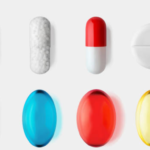
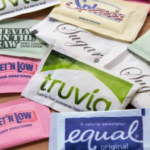


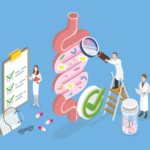




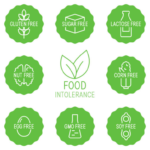
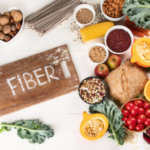
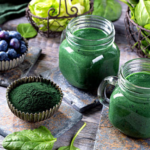
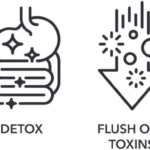



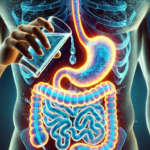
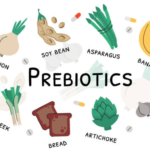
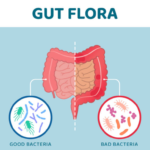
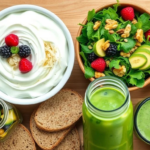







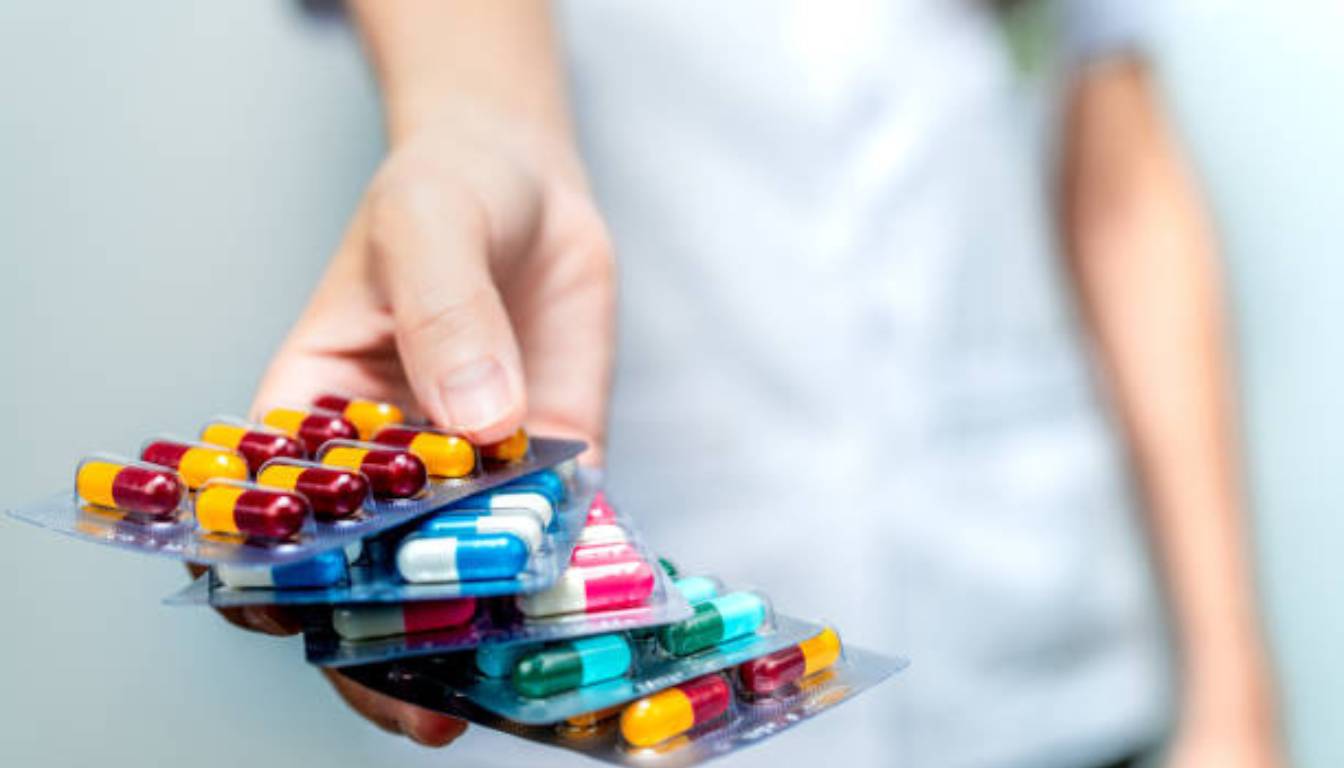





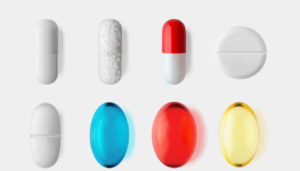
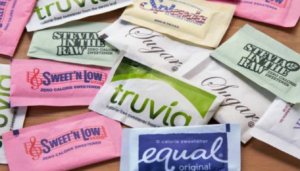


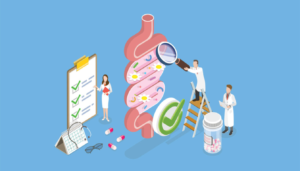

6 comments